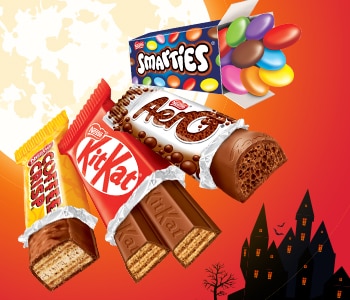
Halloween Snack Size Treats
From doorsteps to parties, Nestlé snack size treats are ideal for Halloween or any celebration in between.
Explore Products
NESCAFÉ Espresso Concentrate
Espresso Concentrate is the perfect base for crafting your favourite coffee creations, giving you the freedom to unleash your inner barista from the comfort of your home.
DISCOVER MORE HERE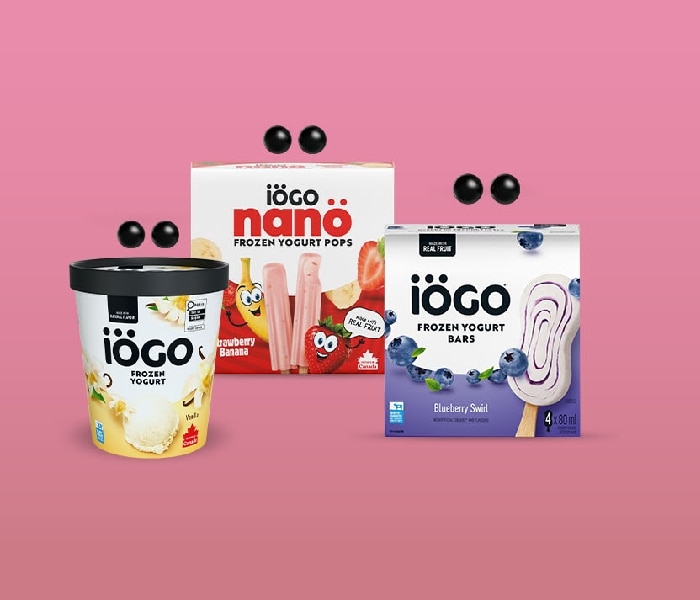


Essentia® Ionized alkaline water pH 9.5 (or higher)
Essentia is committed to keeping you hydrated so you can continue to do what’s important to you.
SEE PRODUCTS
There’s a new kid in town!
Introducing BOOST® Kids – a line of nutritional supplements formulated for kids aged 4-12!
DISCOVER BOOST KIDS_mobile.jpg)
Introducing NEW Drumstick Bites!
Drumstick Bites are crispy, crunchy bite-sized mini cones filled with a chocolatey nugget – just like the end of a classic Drumstick ice cream cone!
SEE PRODUCTSLEARN HOW WE'RE MAKING EVERY MOMENT, A BIT MORE...DELICIOUS.
You may also like
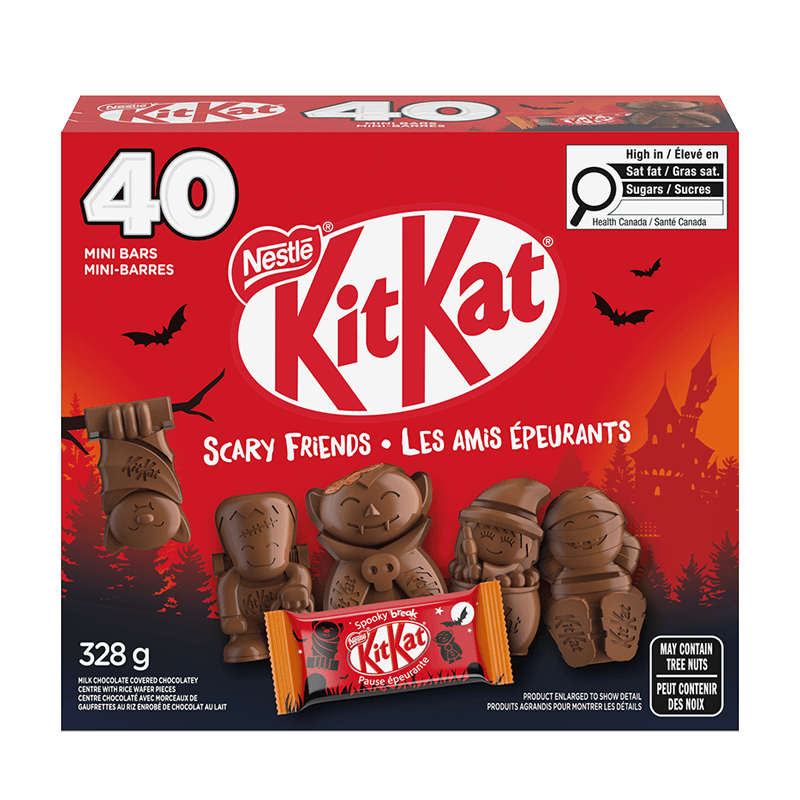
KITKAT Halloween Scary Friends 40 pack
See Product
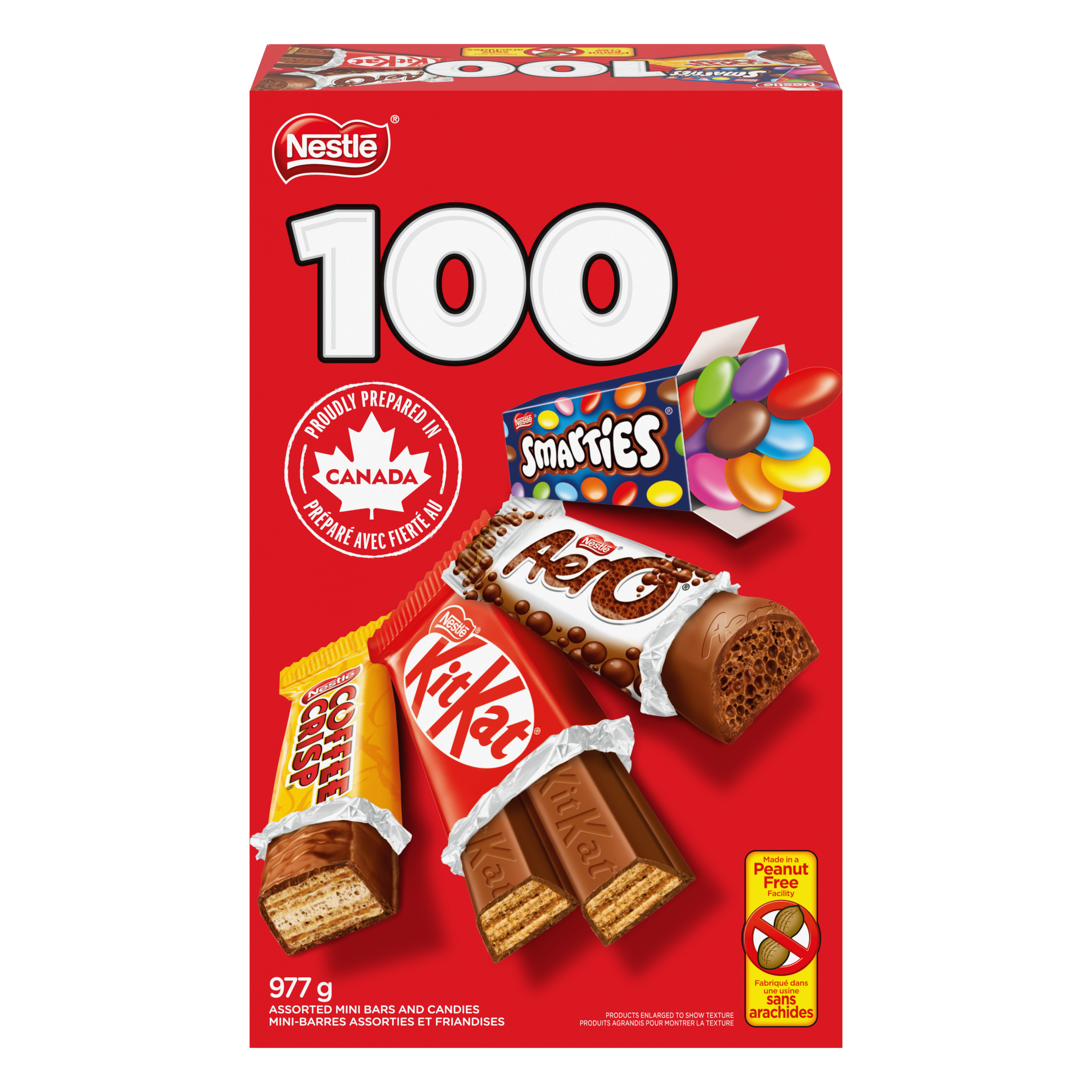
NESTLÉ Assorted Minis Carton 100 pack
See Product
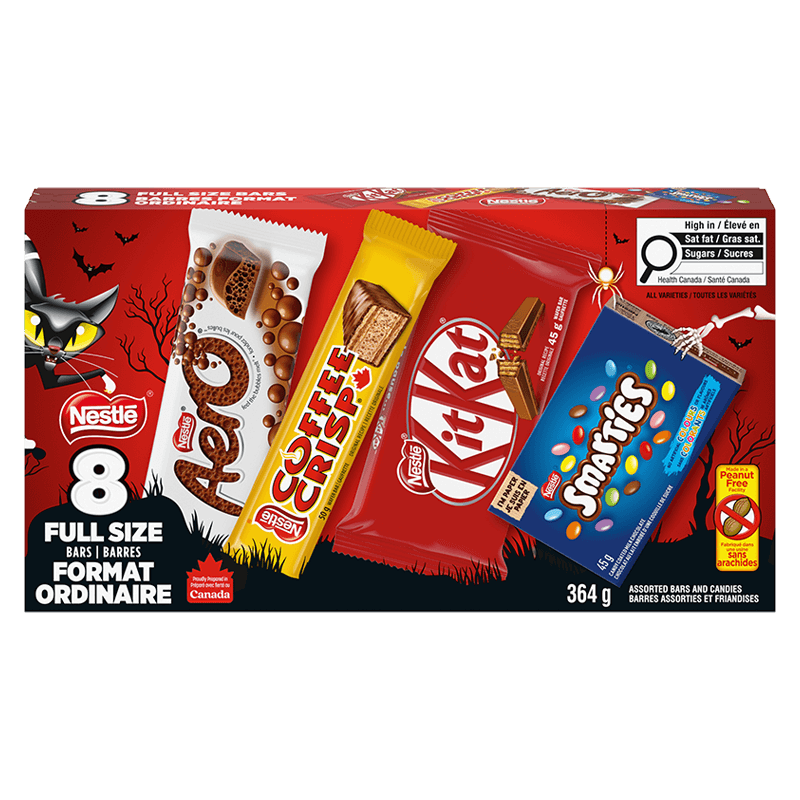
Scary Halloween Chocolate Bars
See Product
New
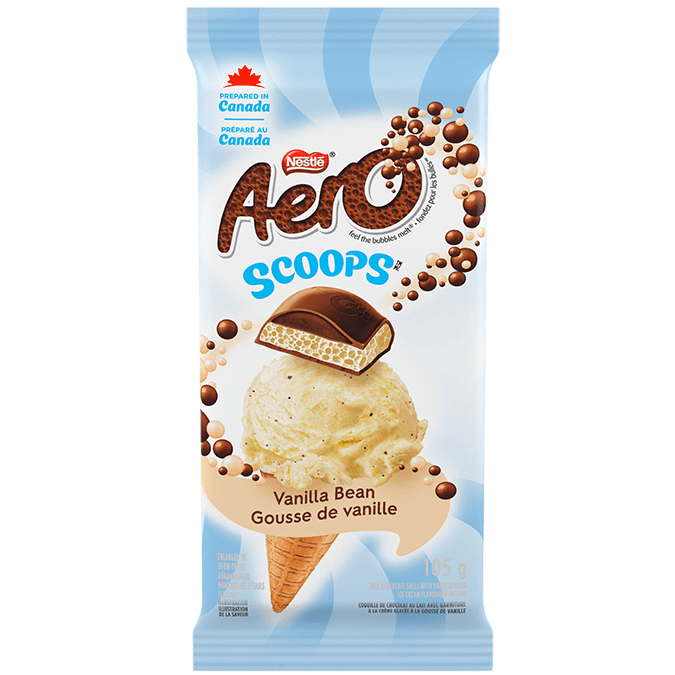

AERO Scoops Vanilla Bean
See Product
New
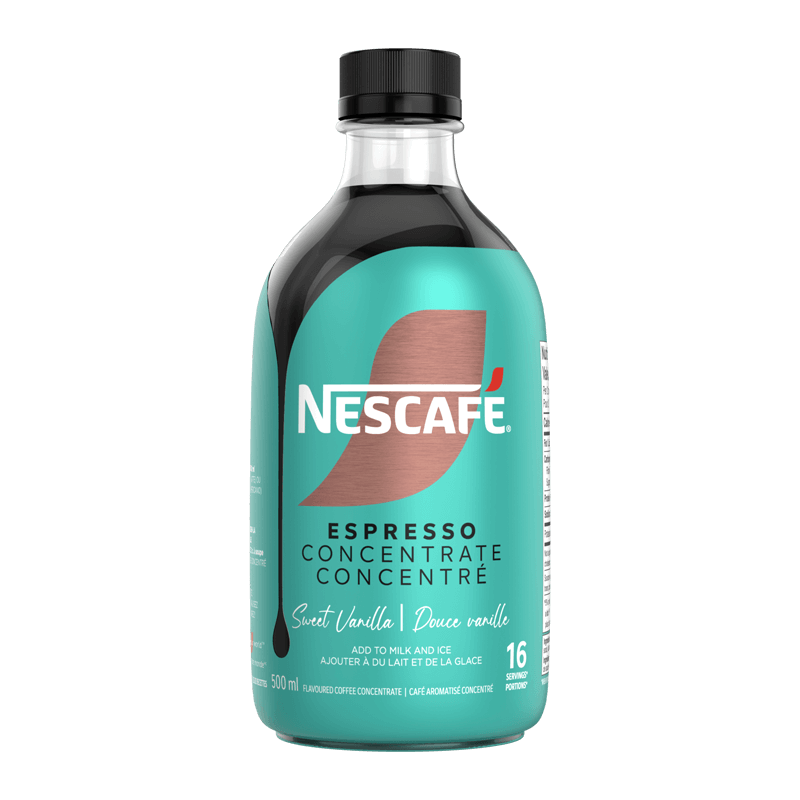

NESCAFÉ Espresso Concentrates Sweet Vanilla
See Product
New
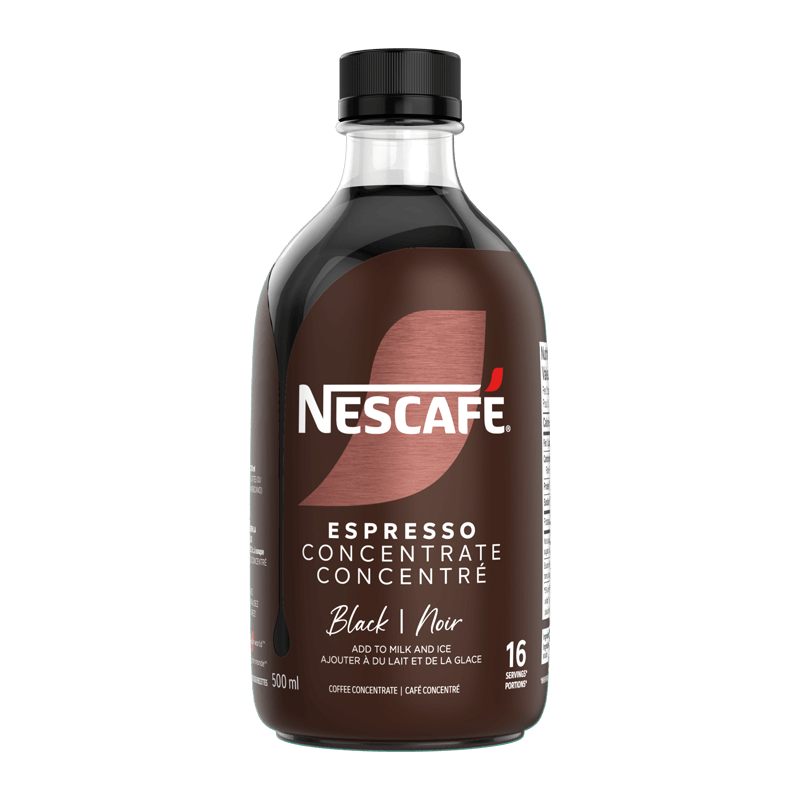

NESCAFÉ Espresso Concentrates Black
See Product
Limited time
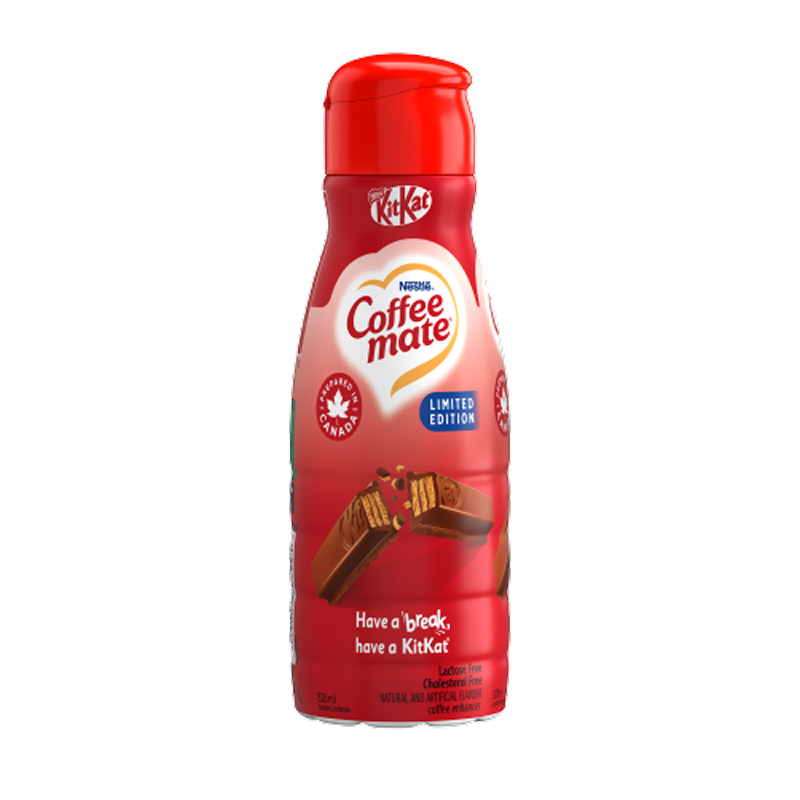

COFFEE MATE Limited Edition KIT KAT 6 x 828ml
See Product